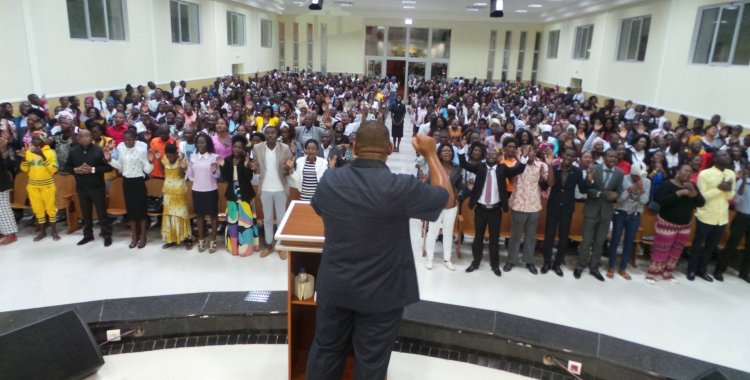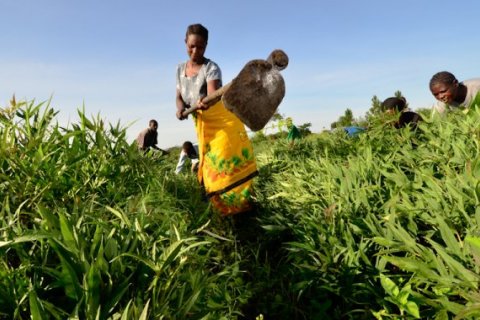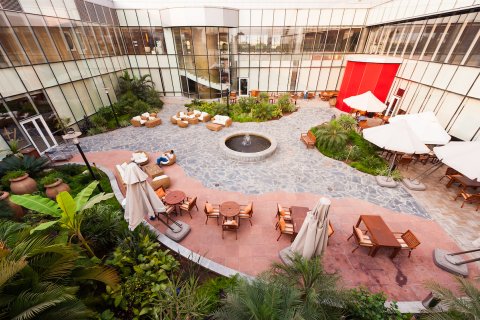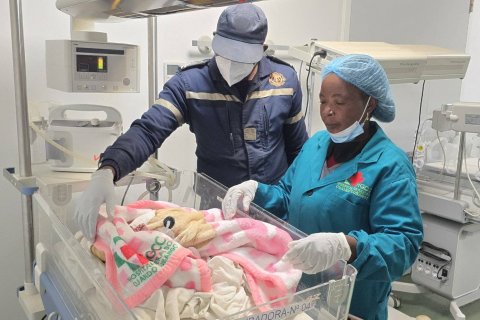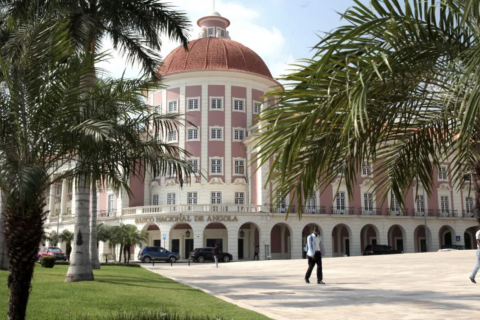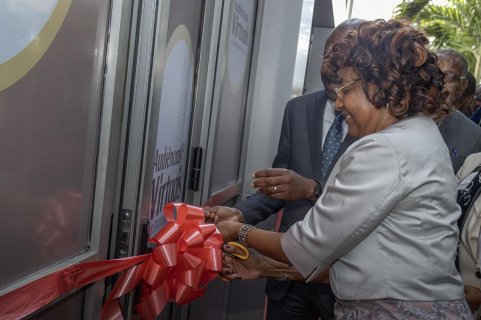"I hope that no one is tempted to use ecumenical worship to make appeals in the sense of voting, because that would already distort the character and nature of an ecumenical cult made with the aim of just praying for the electoral process to be peaceful", analyst Augusto Santana told Lusa.
The specialist considers the elections as a party, aimed at strengthening the country's democracy, and reiterates the need for religious leaders to refrain from making direct or indirect appeals to vote for any party.
Because, he noted, "these [parties] have their own strategy for gaining votes and the church must focus on what its role is and must at the most appeal to the good posture of the electorate to make their vote consciously without disturbances".
"And to remain calm and serene and that it be a space for strengthening electoral civic education", he stressed.
Associations of Christian churches in the country called for an ecumenical service next Sunday in support of the August 24 general elections, an initiative in which the Catholic Church does not participate, which prefers to focus on the novena.
The event, according to a note from the Ministry of Culture, Tourism and Environment, which invites journalistic coverage "aims to raise awareness" of the entire Angolan people, "so that the elections take place in an environment of peace and tranquility, in the context of the right to each voter to exercise their right of citizenship, through the vote".
The religious service, which will be celebrated on Sunday at Estádio 11 de Novembro, was convened by the Council of Christian Churches in Angola (CICA), the Evangelical Alliance of Angola (AEA) and the Angolan Christian Forum under the motto: "Pray for the authorities so that they may have a peaceful life."
Speaking to Lusa, the representative of the diocese of Luanda in the ecumenical dialogue, Adelino Moma, said that the Catholic Church was invited, but is currently focused on the novena that started on Monday.
Augusto Santana valued, on the other hand, the initiative of this cult, "where appeals are usually made for peace and reconciliation", admitting that it will "help to calm the mood a little".
"There are people who are afraid and, in my opinion, founded, that due to our history and a set of things that we are witnessing that there may be some disturbance, and this cult is exactly to ask God, the faithful and the leaders who are enlightened", he stressed.
"And that everyone works for peace to be maintained, the cult is more in the sense that we are all Angolans, let's make the elections in peace, work for reconciliation, in that sense the cult is important", he pointed out.
At the end of an ecumenical service held on Sunday, in which the Reverend Luís Nguimbi of the Angolan Christian Forum participated, Higino Carneiro, a member of the MPLA central committee, in power since 1975, appealed to the believers of the evangelical church to preserve peace and asked that , after voting, return to your homes.
In a vote-hunting action in the municipality of Cazenga, one of the most populous in Luanda, Higino Carneiro went to raise awareness among believers to exercise their right, choosing "exactly those who did everything to make Angola what it is today" and asking them to vote "in the party that gave signs of stability and development to Angolans".
The political analyst recalls that the approximation of politicians to churches during the electoral period dates back to 1992, the year in which Angola held its first elections, however, disapproving of the practice due to the fact that the country is a secular state.
"It's a time when different parties will talk to the leaders, certainly ask for their support to vote in the sense that the leaders can influence their faithful, that has the value it has", he said.
But, on the other hand, he argued: "The question arises that we are trying to build a secular State in which the church and the State are separate entities and when we start to mix then it is difficult to understand where the other begins and ends and can create some confusion and conflict as we have already seen in some countries".
"I am not in favor of this type of approach (...). I have now seen almost all the leaders on visits to different churches, but I think that in the future we will need a reform in our legislation and maybe even put it in the code of conduct that this type of approximation at an election time would not be acceptable", concluded Augusto Santana.
The Organic Law on General Elections in Angola establishes, in its articles 68 and 69, prohibitions and prohibited places for the exercise of political propaganda.
These include military and militarized units, public institutions, educational institutions, places of worship, hospitals and similar establishments, premises of the independent electoral administration bodies, and 250 meters from the places where the polling stations are installed.
Eight political forces, seven parties and a coalition of parties compete for the August 24 general elections, in a vote in which 14 million voters are registered.

